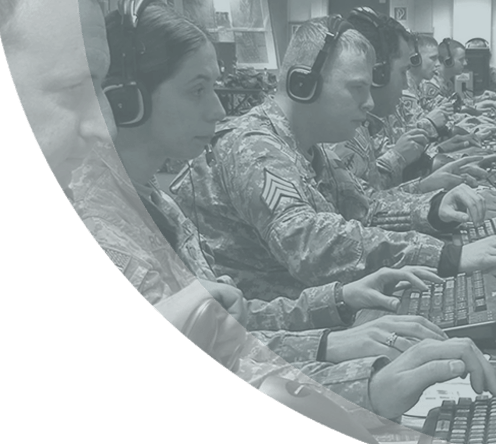Why a Veteran-Friendly Culture Is Important to Have at a College or University
written by Veterans Education Project, a partner of CollegeRecon
Transitioning out of the military can be an incredibly difficult experience for many Veterans. They often face many hurdles, including: lack of structure, changes in culture, and loss of identity. Since the end of WW2, many Veterans have used the GI Bill and other financial support programs to attend university and gain access to greater economic opportunities. Many post-secondary educational institutions claim to be Veteran-friendly, but falter when it comes to fulfilling their needs and potential.
A Difficult Transition
Veterans face a number of challenges when pursuing further education. Going from a rigid, hierarchical structure that emphasizes the collective to a more democratic and relaxed environment that prioritizes the individual can be both disorientating and alienating. Many colleges are also dominated by 18-22 year-olds where negative perceptions of the military might hold sway. This can aggravate a Veteran’s learning experience as well as their ability to participate in the culture on the campus.
Enrolling Student Veterans can also seemingly present a number of challenges, such as:
- competing personal and professional obligations
- mental health issues
- non-typical backgrounds
However, overcoming these issues by providing a Veteran-friendly culture is easy and brings several advantages.
The Benefits of a Veteran-Friendly Campus
The uniformity of university application processes can be discouraging for applicants who do not fit the typical mold. A Veteran-friendly admissions process is a flexible one that could discover new sources of non-Veteran applicants who did not fit the traditional mold.
A Veteran-friendly culture can lead to a better campus in other ways too. A school that can accommodate the personal and professional commitments of Veterans is one that is more friendly to all students with families or careers. For instance, a class in structural engineering would benefit from the experiences of those actively working in related fields. Likewise, a school that understands the needs of parenting is one that helps advance the cause of American families more widely and ensures that Veterans need not decide between a family and increased economic opportunity.
Furthermore, a staff that is adequately prepared to deal with the strains on Student Veterans will be better prepared to deal with similar issues from non-Veterans, creating a culture of confidence and camaraderie. If a college or university can smoothen the transition process from the military world to their institution, Veterans will be further incentivized to apply and attend.
There are a number of other benefits to enrolling Student Veterans into your institution. Veterans bring a plethora of skills and experiences that can enrich classrooms and campus cultures. Universities can suffer from a monoculture of unmarried students in their early-20s with similar value systems. The military is an altogether different environment that upholds ideas of duty, teamwork, and discipline. Student Veterans are typically older, married with kids, and have experienced the ‘real world.’ The Service also recruits from a very different social milieu to the average college.
At a time when discussions of diversity are taking prominence, universities that want to introduce different voices and values should include the Student Veteran community. This has enormous potential in bridging the divide in civil-military relations that exists in our country, and a Veteran-friendly environment will better foster human and social connections.
In summary, a Veteran-friendly culture in our educational institutions has benefits for our Veterans, our Colleges, and our Nation.
by Veterans Education Project
For more info on Veterans Education Project, please go here.

